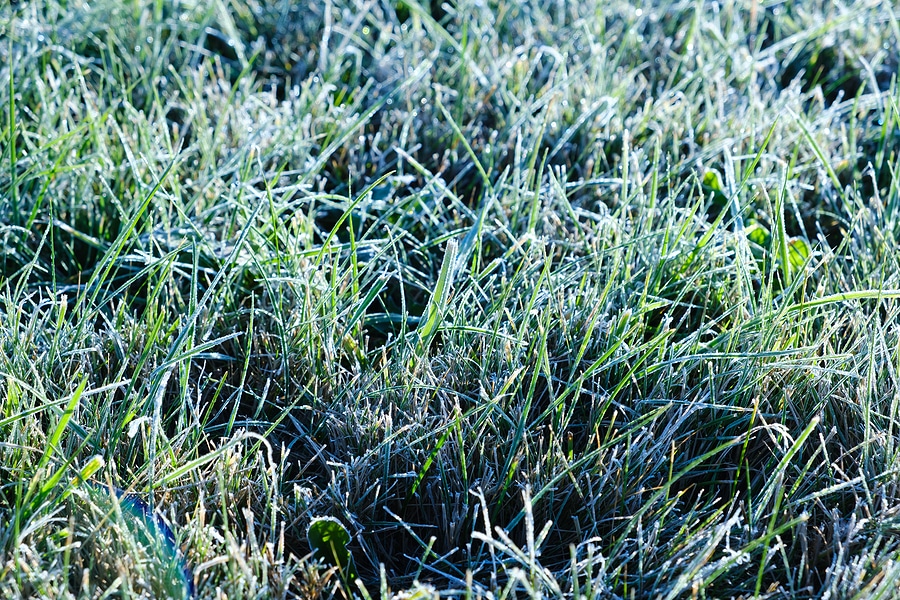Last month, we discussed whether it is necessary to winterize your irrigation system or not. It is, of course, necessary if you want to avoid any issues with your irrigation system. In this article, the experts at DeFazio Company will go into more detail about how to winterize your system.

Shut off and Insulate the Main Valve
Shut off the irrigation system’s water supply. Your irrigation system’s main shut-off valve needs to be safeguarded from freezing. Insulate it with foam insulation, tape, and a plastic bag to shield it from freezing and harsh winter weather. If you don’t already have a main shut-off valve, you should think about installing one as a precautionary measure. Any plumbing that is above ground must also be insulated. It is acceptable to use foam insulating tape or tubes that are readily available at home supply stores.
Turn off Any Timers or Controllers
If your system is automatic, you must “shut down” the controller or timer. Many controllers have a “rain mode” that will prevent the system from running. Rain mode will ensure that the clock keeps running throughout the winter, the controller keeps time, and the programming data (start times, valve run times, etc.) is not lost. The only change is that the valves will not open. The cables attached to the master valve and common terminals should be removed as a precaution if your controller is in charge of turning on a pump. This will stop the pump from accidentally turning on, which could lead to damage from overheating.
Drain Water from the System
To prevent the water from freezing/expanding and breaking the pipe, you must now remove it from the sprinklers and pipes. Your pipes can be drained using a manual drain valve, an automatic drain valve, or the compressed air blow-out technique, among other methods. However, there can be possible safety issues. It is best to contact an irrigation expert who can assist you with winterizing the system.
Located in North Royalton, DeFazio Company provides quality irrigation and drainage solutions to the surrounding communities. Contact us today at (440) 652-6545 to request an estimate.
